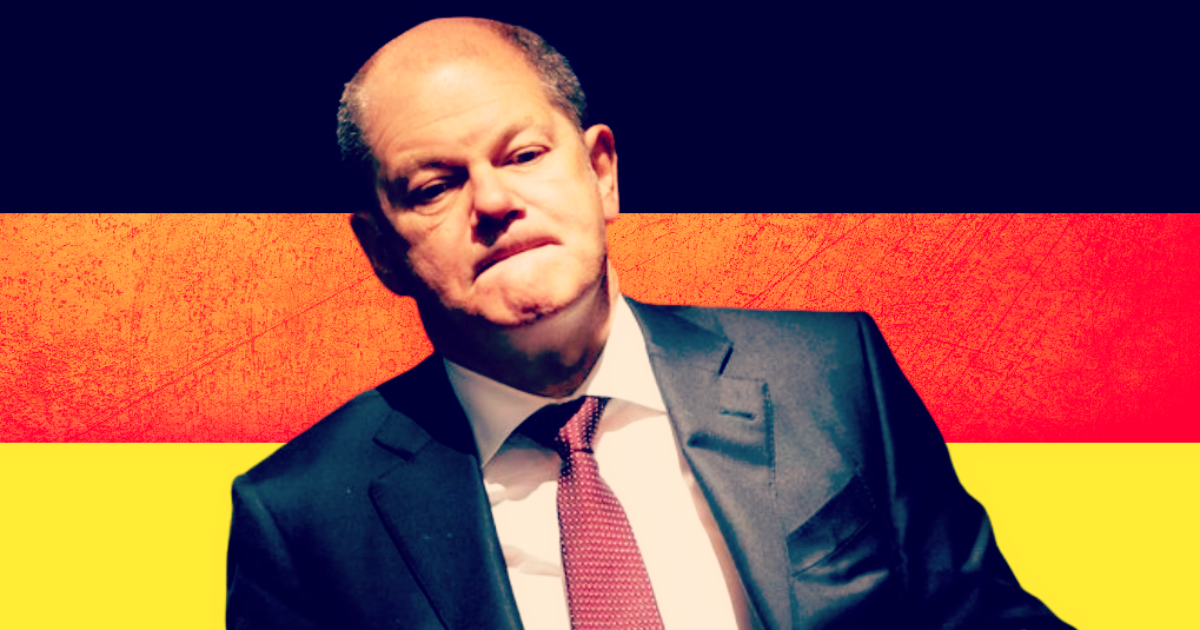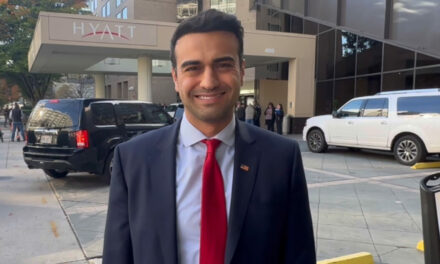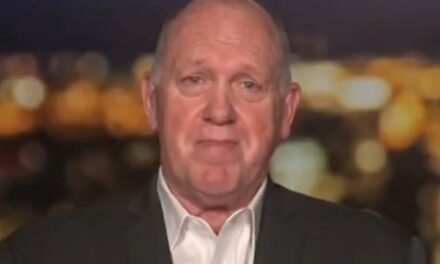We support our Publishers and Content Creators. You can view this story on their website by CLICKING HERE.
Olaf Scholz, the most unpopular German Chancellor in recorded history, has lost the battle to extend his ailing minority government for another few months.
It is now expected that a confidence vote will take place in the Bundestag on December 16, following the collapse of the three-party ‘traffic light’ coalition last week.
Euronews reported:
“German opposition leaders have welcomed news that the country is set to hold a snap election on the 23rd of February after the collapse the ruling three-party coalition last week.
The Bundestag is expected to hold a confidence vote German Chancellor Olaf Scholz as early as December 16th following the government’s collapse.”
The December vote is a compromise between Scholz’s Social Democrats and the ‘main opposition party’ in parliament, Friedrich Merz’s center-right Christian conservatives CDU.
“’We have agreed to propose to the Federal President that February 23, 2025 should be the next election date for the elections of the 21st German Bundestag’, Merz said on Tuesday.”
Scholz had wanted to delay the confidence vote to January, and the new elections to March.
“However, co-party leader of the far-right AfD Alice Weidel said the vote should be earlier and described the events unfolding as ‘another few days of theatre.’ She said the vote of confidence should even brought even further to this very week.”
The press is purposefully steering clear of the chances of the rising rightwing Alternative for Germany (AfD) party, which is now polling in second place nationally,

Scholz’s coalition started to crumble a year ago when Germany’s top court ended a maneuver that Scholz used to spend money bypassing the country’s constitutional ‘debt brake.’
The judicial decision blew a €60 billion hole in the federal budget.
Politico reported:
“A string of embarrassing election defeats and record-low approval ratings prompted the coalition parties to play to their bases to revive their political fortunes, worsening their incessant squabbling. FDP leader Christian Lindner and his party colleagues repeatedly threatened to pull the plug on the coalition and force new elections. Last Wednesday night, Scholz beat Lindner to the punch by firing him, prompting the FDP to quit the coalition.”
Scholz is widely expected to lose the confidence vote in parliament, leading the German president to dissolve the parliament. A snap election would follow.
“After he fired Lindner on national television, the chancellor said he intended to continue ruling with a minority government until Jan. 15, at which time he’d hold a confidence vote leading to a new election by the end of March. But after he proposed this timeline, his political opponents demanded he drastically accelerate the schedule.
Friedrich Merz, the leader of the CDU and likely Germany’s next chancellor, based on current polling, called on Scholz to ensure an election happens before Trump takes office in the U.S. on Jan. 20, arguing the political urgency of the moment demanded haste. ‘We simply cannot afford to have a government without a majority in Germany for several months’, he said.”
Merz’s CDU and the Bavarian Christian Social Union (CSU), are currently leading in polls with 32 percent support, which had led to the MSM crowning them in advance.
Since the CDU will not form a coalition with the second-place party AfD, if it wins, it will end up in the arms of Scholz’s SPD.
But it will take months for the election to take place and for a coalition to take shape, leaving Germany adrift in a rapidly changing world.
Read more:

 Conservative
Conservative  Search
Search Trending
Trending Current News
Current News 





